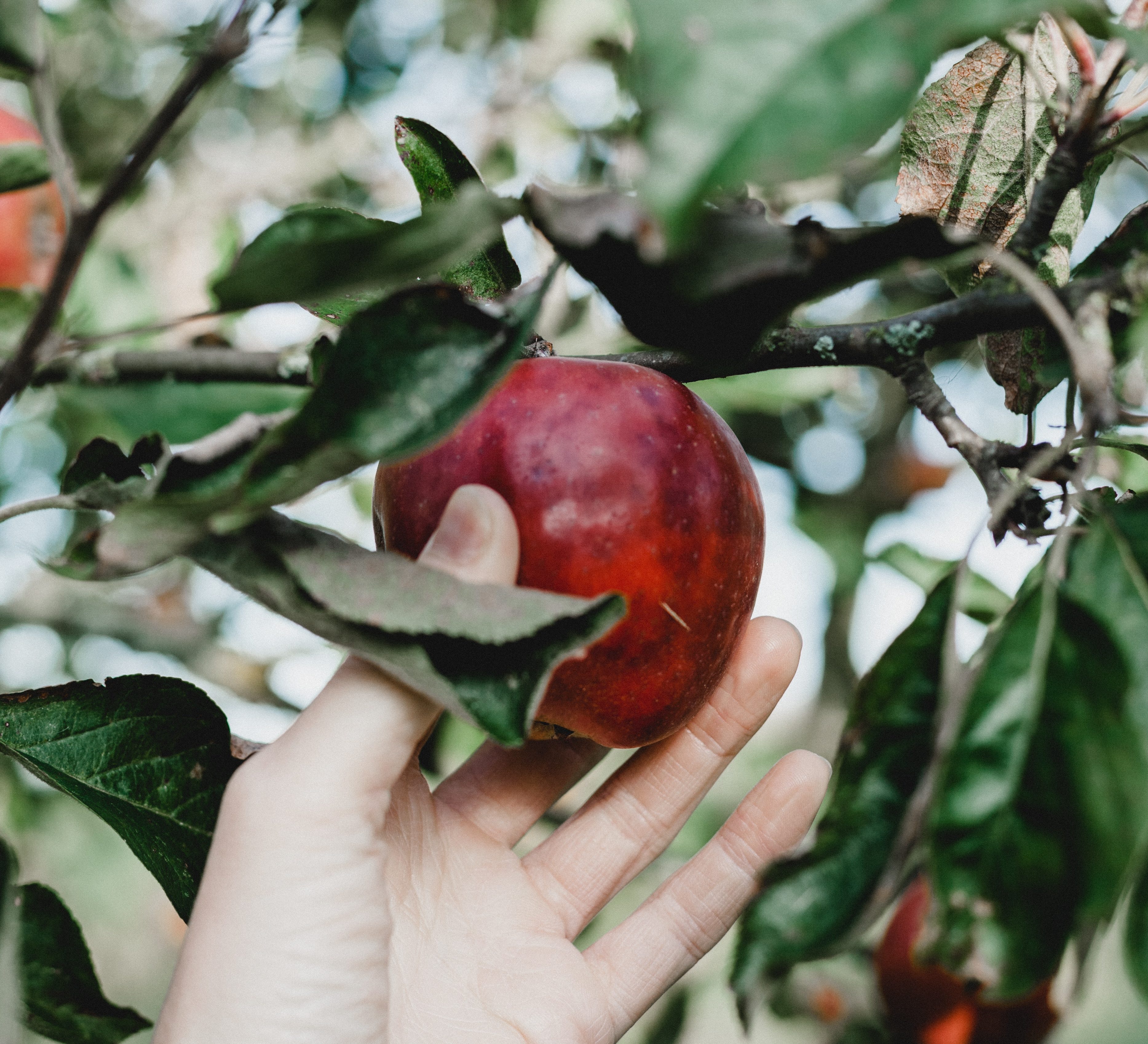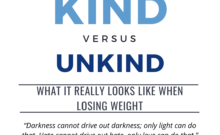One concept that is fairly simple, but yet I think is so important when it comes to seeking a healthy weight, is aligning ourselves with nature. It is a concept that I would argue doesn’t get enough attention or taken seriously enough. We tend to take the way things currently are in the routines of our lives, the foods that are present in our stores, and our daily environment as natural. But, when we take a moment to pull back and really take a look, we see that so much of it is not natural. If you consider the way our world has changed just since the birth of our parents, there is a very noticeable change in our diet, health, activities, and our daily lives.
Let’s look at food to start with, since it’s a big one. There is so much debate over the “right” way to eat, what foods should be on the “do eat” list and which should be on the “don’t eat” list. But, we’ve gotten lost in some of the detail. Everyone can agree on this – fruits and vegetables are good for you. Why is this? Because they are in alignment with what nature is providing us as a food. It’s only when we take foods away from their whole, natural state does there become this potential for it not becoming healthy for us.
One example is fruit juice. We are removing the fiber, and concentrating what is in the fruit. We are moving away from alignment with nature when we do this. A juicing machine is a man-made process. White rice is not as good for us as brown rice because it has had its bran removed. These are simple examples, and of course, there is a range of how processed or modified our foods are and, as the research indicates, the further away we move from foods in their natural state, the less healthy they are for us. We have certainly never seen a headline that says, “Man-made processed food better for you than earth foods” and we never will.
We are really removing foods from their natural state when we start “creating” foods like cereal, cake, cookies. We have taken wheat, corn or other grains, and turned it into a powder that is then concentrated, and mixed with colors, additives, processed sugars, and more to create a new “food”. And then we wonder why our bodies don’t know what to do with this.
It is not a matter of which ingredients are good or bad, what we need to primarily pay attention to is how much humans have altered, processed, and/or concentrated it. Or to put it bluntly, how much are we fucking with our natural foods? I feel like this is lens by which we need to examine our food instead of focusing too much on vilifying a certain thing. Instead, if we focus on maximizing eating whole, natural foods, and minimizing more highly processed foods, the body will respond accordingly. We can be healthy eating very different diets, as long as they are primarily diets that are in alignment with natural food.
But food is not the only place where we have moved away from our alignment with nature. We are all aware of pollutants and toxins we are exposed to, but what about things we sometimes don’t think about like our sleep? We have been become accustomed to a home where we can have lights on 24 hours a day if we want. This has not been the case for most of human history. We stare at screens to late in the evening which negatively affects our natural sleep/wake rhythms, and then we wake to an alarm clock whether we have gotten adequate sleep or not. Is it any wonder we get less quality sleep than those before us? We know that a lack of sleep negatively impacts our body functioning, and promotes weight gain, and inhibits weight loss.
So, while we can’t undo the modern world and we still need to get to work every day, we can still ask ourselves the question: “how do I promote a sleep practice and environment that is in alignment with nature?” Then, we realize to do that, we can turn down screens and lights earlier in the evening, get to bed earlier, so that when the alarm goes off we are already ready to be awake, and have more of the quality and quantity of rest that humans were meant to have.
One other example of area where we can improve our wellness by being in alignment with nature is our physical environment. Most of us spend the vast majority of our time inside with little exposure to sunlight, and we become deficient in Vitamin D, which can cause fatigue, depression, and at increased risk for infection. There is also some evidence to suggest that higher Vitamin D levels can help with weight loss. Just 10-20 minutes in the sun can boost your vitamin D levels, not to mention the mental benefits from spending some more time in nature. (Have you heard of forest bathing? Read about its benefits here.)
These are just a few examples of using the lens of aligning with nature to support our wellbeing with more ease and harmony. How much of your food is close to its natural state? Are you honoring your sleep rhythms? How much of your day is spent inside? Where can you be in more alignment with nature?
**




Leave a Comment